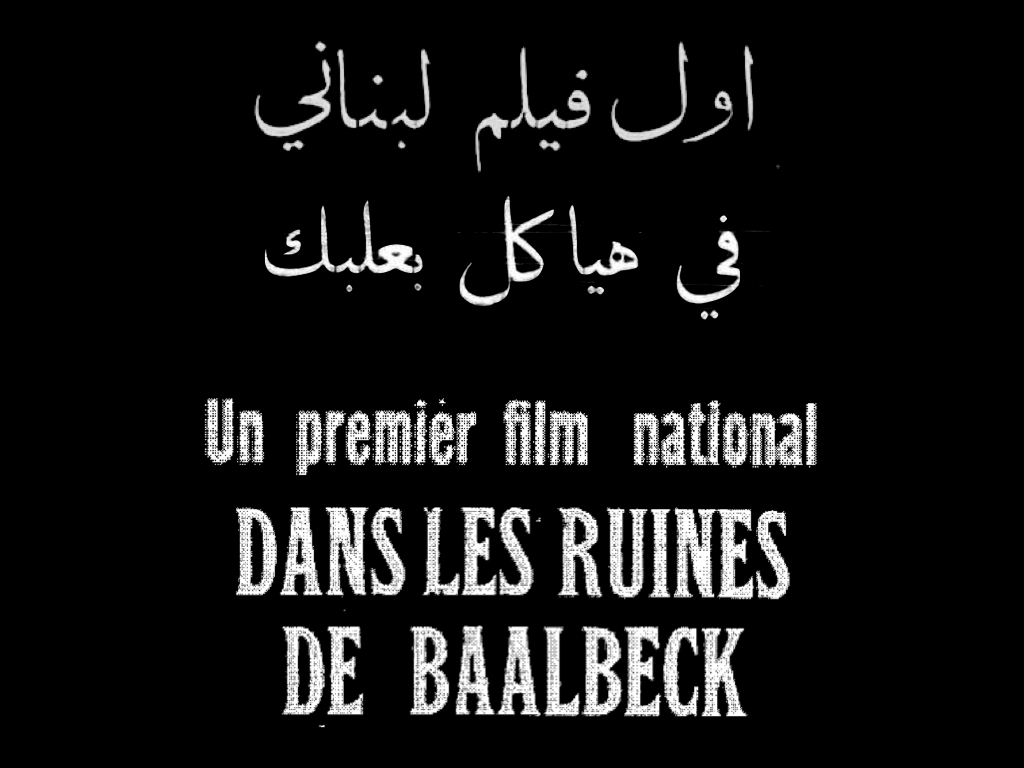Encountering the Paranational Film Archive
Montage of newspaper headlines from Al Bachir (27 February 1937), Al Ahrar (19 February 1937) and L’Orient (19 & 20 February 1937)
The first talking film made in Lebanon, Dans les ruines de Baalbeck, was produced during the 1930s by a German woman who had established a production company in Beirut which operated its own laboratory and sound stage. A rare case of independence from European film facilities, years before the end of French Mandate rule. The film is today considered to be lost. The film archive that could potentially have preserved it does not exist in Lebanon. In Germany, the film and its producer have remained unknown, its archives hold almost no records related to them.
The absence of what was advertised as “a first national film” within and without the archive has prompted a research approach which looks for the ‘encounter’ with contextual fragments rather than the ‘discovery’ of a singular object to be preserved and historicised. Between locations and languages, the film can be situated as a ‘cultural object’ across contexts that are not cinematic but condition the cinema and are to some extent conditioned by it. Materials relating to the competition and cooperation between parallel national(ist) projects at the time could constitute another type of ‘archive’ in which the absent film attains presence.
